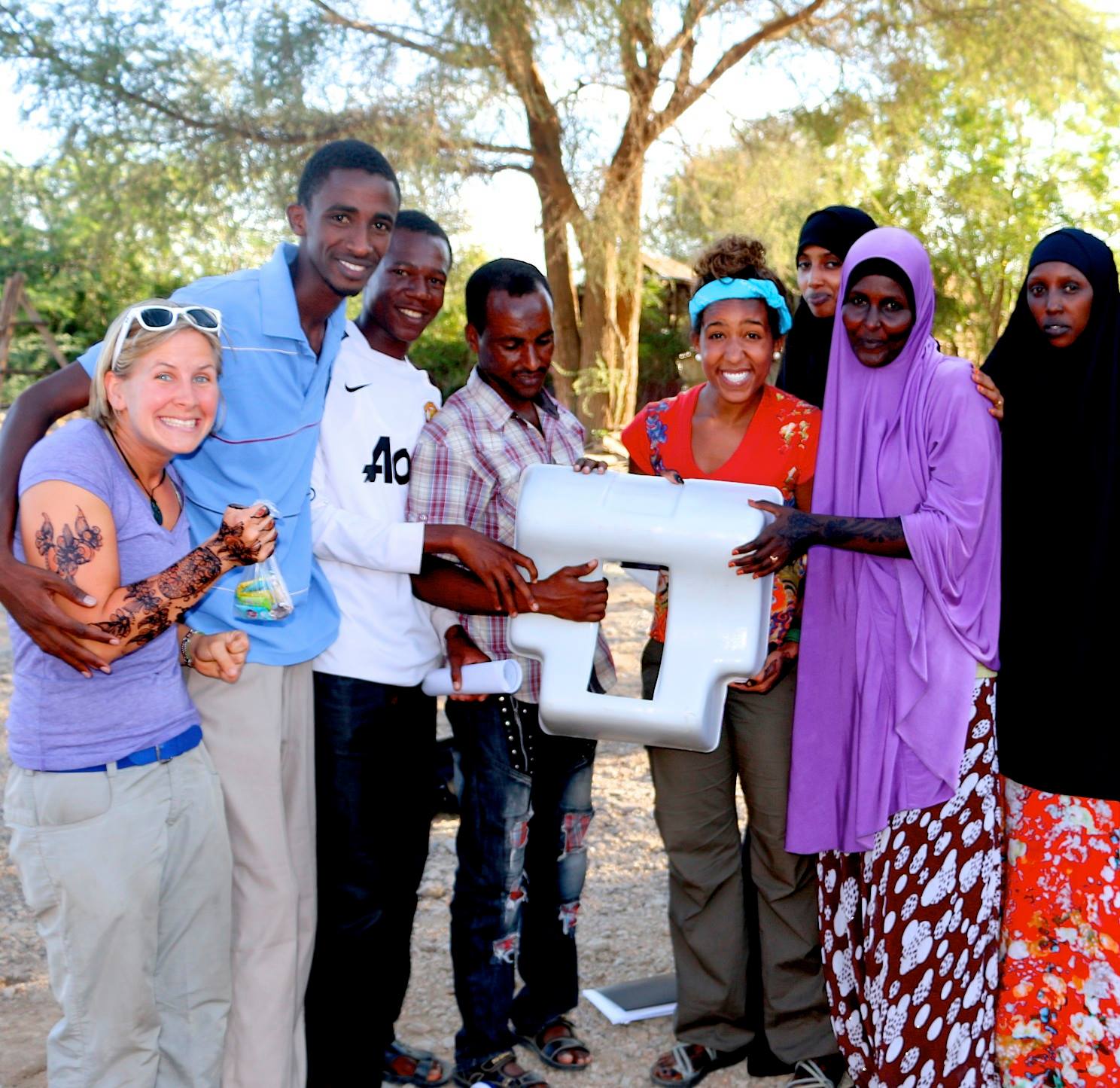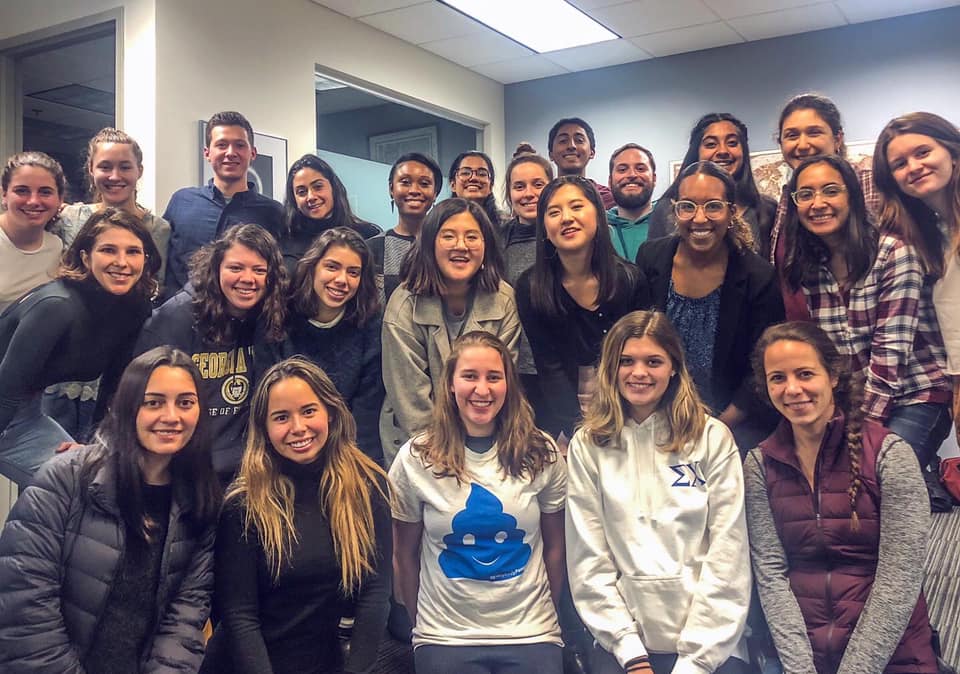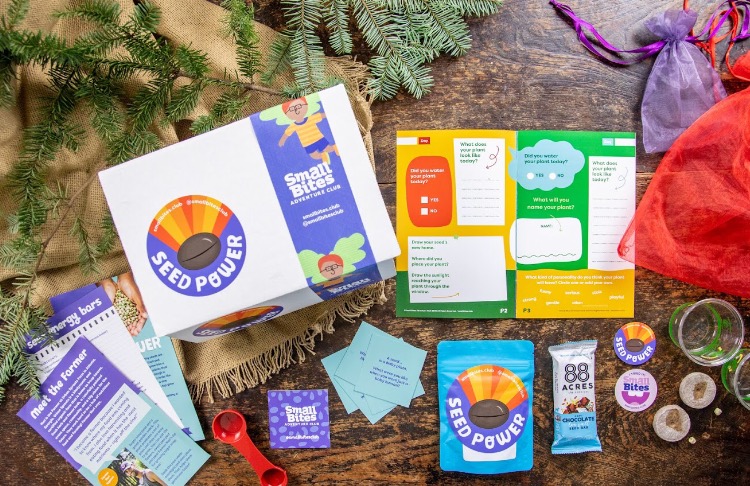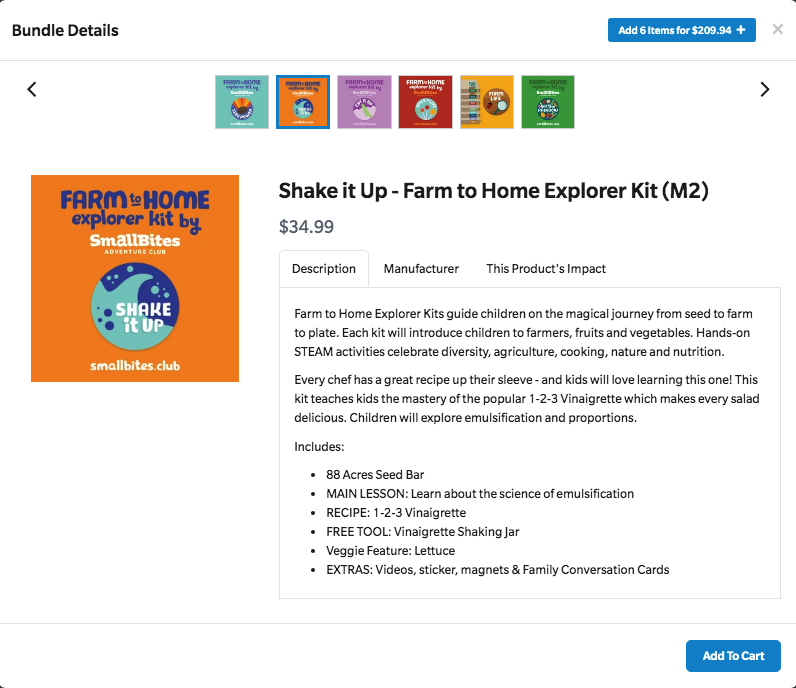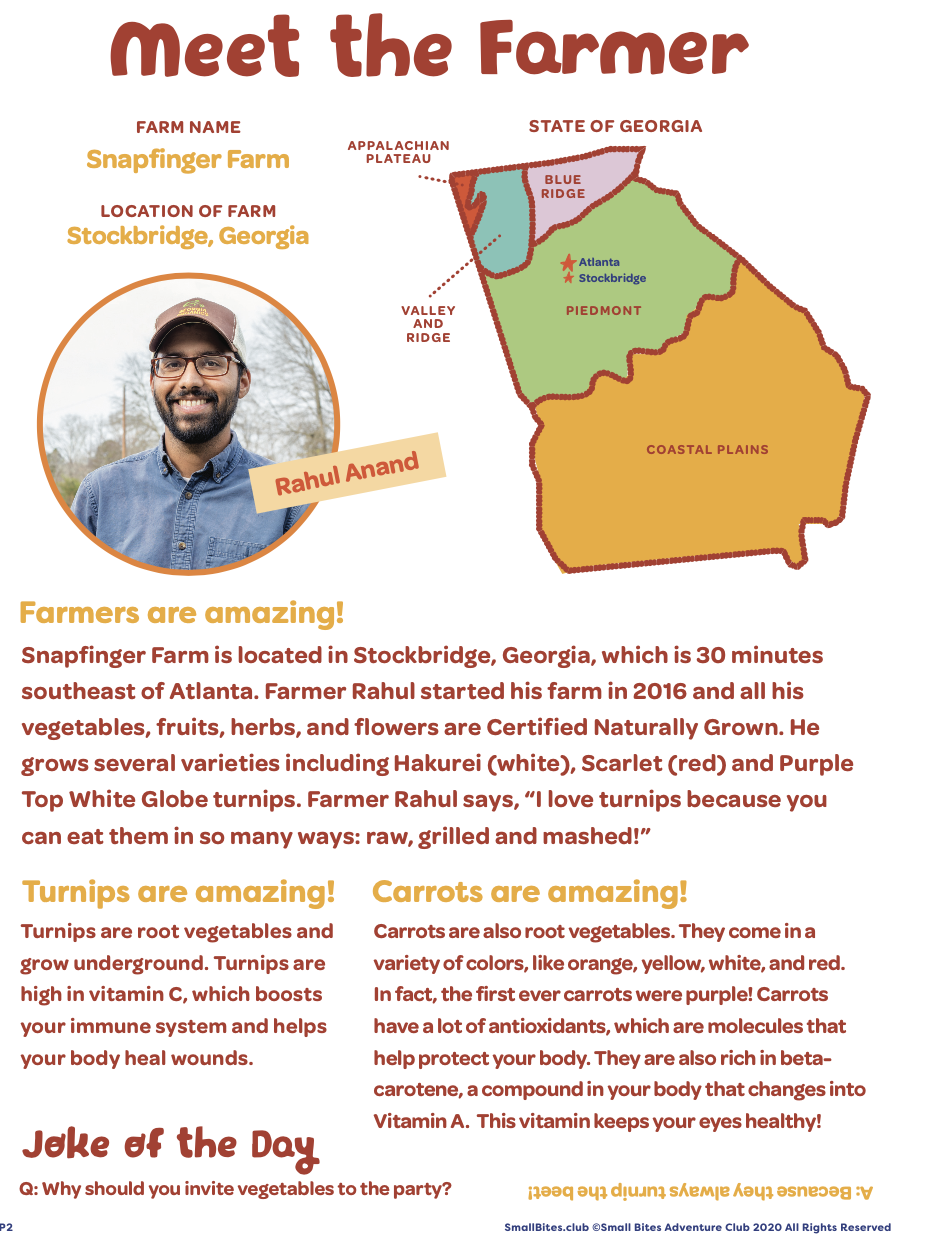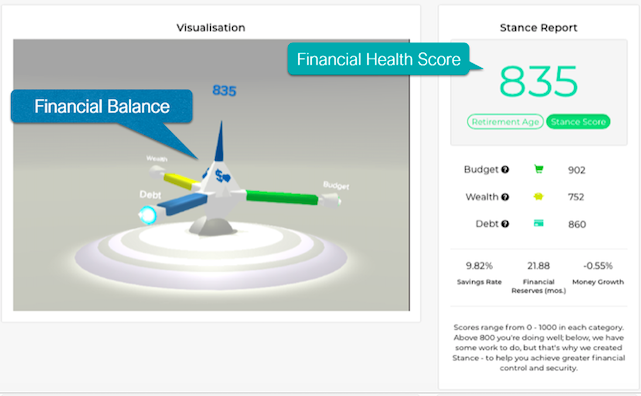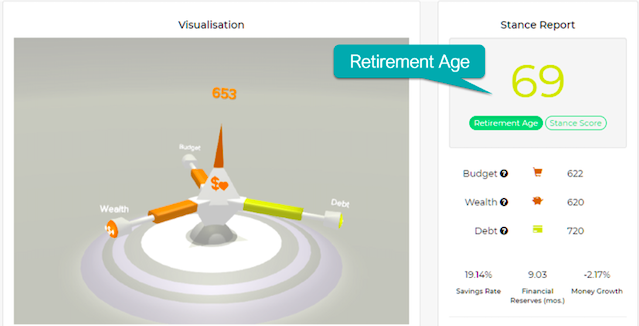Last fall, Atlanta Tech Village launched Start It Up Georgia with the mission to provide free training, support, and guidance to all Georgians who wanted to become entrepreneurs.
Here are a few stats on the program:
- 709 people were accepted into the 13 week program.
- 56% were not in full-time work at the start of the program (either students, unemployed, retired, or part-time).
- 90% came from Georgia, but they also had participants from California, Arizona, Florida, New York, Maryland, North Carolina, Michigan, Washington, and more.
- 12 teachers volunteered their time and expertise to teach 12 Lesson Labs.
- 42 Mentors volunteered to meet with 350+ participants each week to support the founders as they built.
- 139 new companies were launched!
- 94% said the program was very helpful in launching their company.
- 103 people applied for grant funding.
- 7 startups were granted a cumulative $14,500.
“Start It Up Georgia (SIUG) provided us with the opportunity to connect with other entrepreneurs and business mentors in Georgia at a time when in-person networking was impossible due to COVID-19. Without SIUG we would have felt very isolated. Thanks to SIUG we were able to build a solid network, incorporate our business, and begin the customer discovery phase. Not only did SIUG provide information on the nuts and bolts on how to start a business, but also provided insights into the human side of running a company thanks to the weekly meetings with business mentors.” – Kevin DeMarco and Sergio Garcia, RIF Robotics Co-Founders
Learn more about RIF Robotics and the other grant funding winners below:
ANDREA BLAZIA
Blue Honey Homestead
Blue Honey Homestead crafts artisan products for the home – specializing in breads, soap and “garden-to-table” goods. We consider customers friends. We aim to enrich the lives of our friends, creating connections through baking, soap making and gardening. Get some of Andrea’s amazing bread today by visiting her website!
ALLAN MEADE
Concept Factory Atlanta
Concept Factory Atlanta will be a smart collaborative hub and coworking space and will serve as a pipeline for visual storytellers to reach production studios and beyond while building community, relationships, and professional connections. Learn more about the great things to come from Concept Factory Atlanta today!
STEPHEN BUSSEY & ANDY PEREZ
Clove’s Customer Hub: Clove gives your customers a central place to access everything post-sale. Increase adoption and renewals by connecting your product with your post-sale platforms. All in one place, beautifully packaged. Check out their website to learn more!
ASHLEY TANKS
BLK JOY Coffee & Tea Counter
BLK JOY coffee & tea counter brings BLK coffee & BLK culture back together! They are a mobile counter serving specialty coffee sourced from Black & indigenous farmers steeped in the Black experience. Go see them in South Fulton for a delicious cup of BLK JOY & check out their Instagram today!
ELISSA RUSSEL
READI
READI re-skills low literate adults. READI assesses the team, creates and delivers workforce readiness trainings that address the workers literacy gaps and improves their employability. Elissa & READI are all about paying it forward and helping others. Learn more about the amazing work they are doing today by checking out their website!
KEVIN DEMARCO
RIF Robotics Corp
RIF Robotics Corp is developing an autonomous mobile robot to help hospital managers reduce costs, errors, and infection rates with a robot that can assemble customized surgical case carts in a collaborative environment for robots and healthcare workers. Learn more about how they are serving the healthcare community here.
STEVEN SIMMS
The Rural Urban Connection
The Rural Urban Connection is using eco-friendly (regenerative) agricultural practices to raise grass-fed beef in Georgia and deliver that beef to Metro-Atlanta consumers. You can find the Rural Urban Connection on Facebook!
Congrats to these founders and all the other graduates! And stay tuned for additional feature stories on SIUG winners over the coming weeks.



